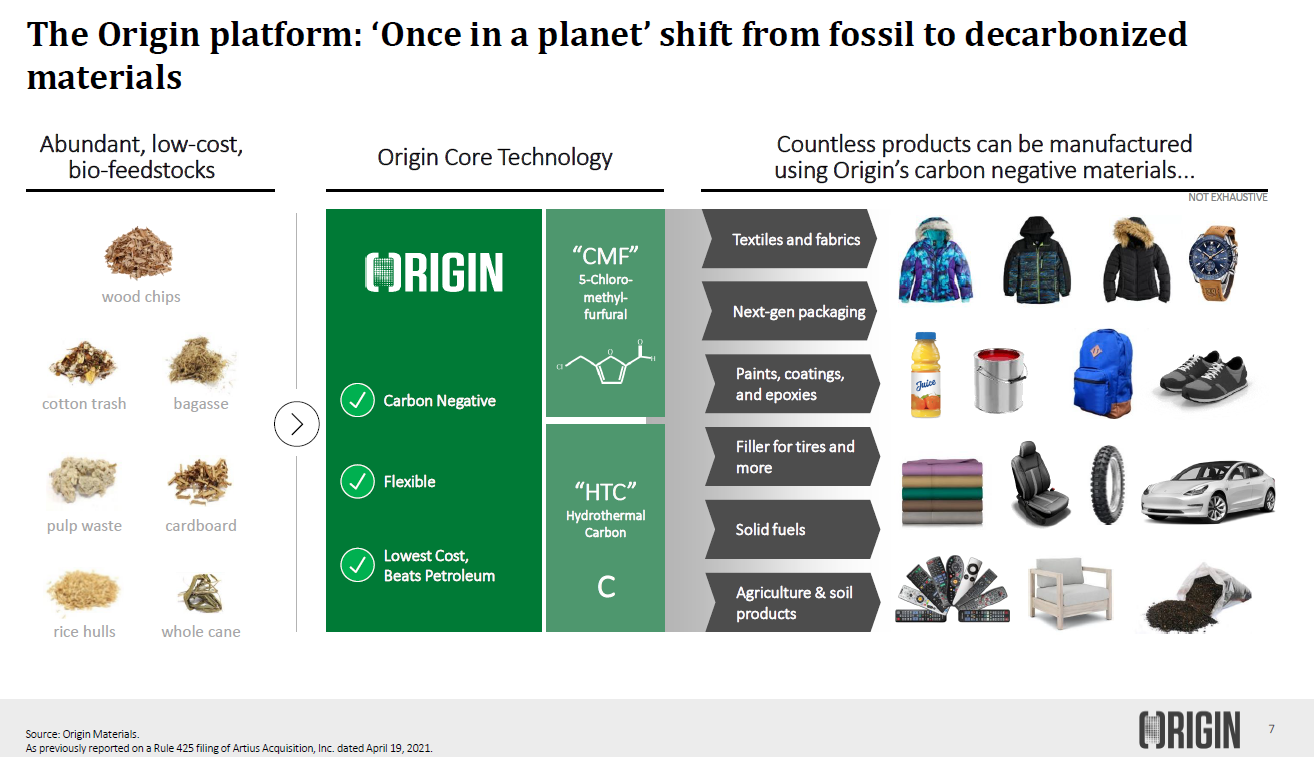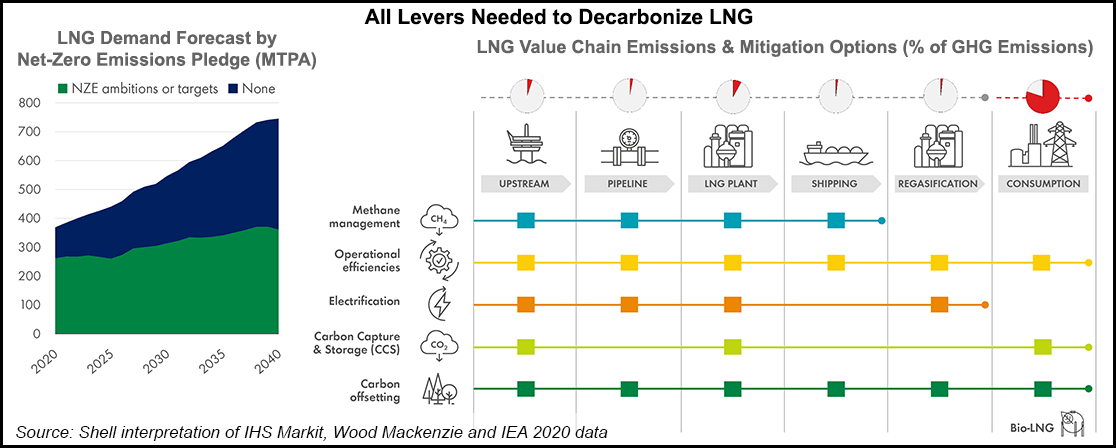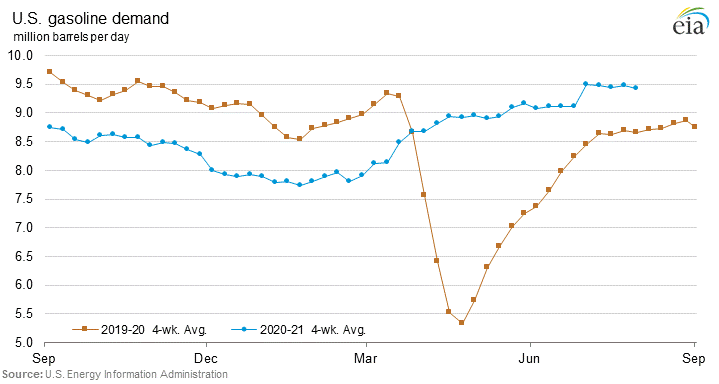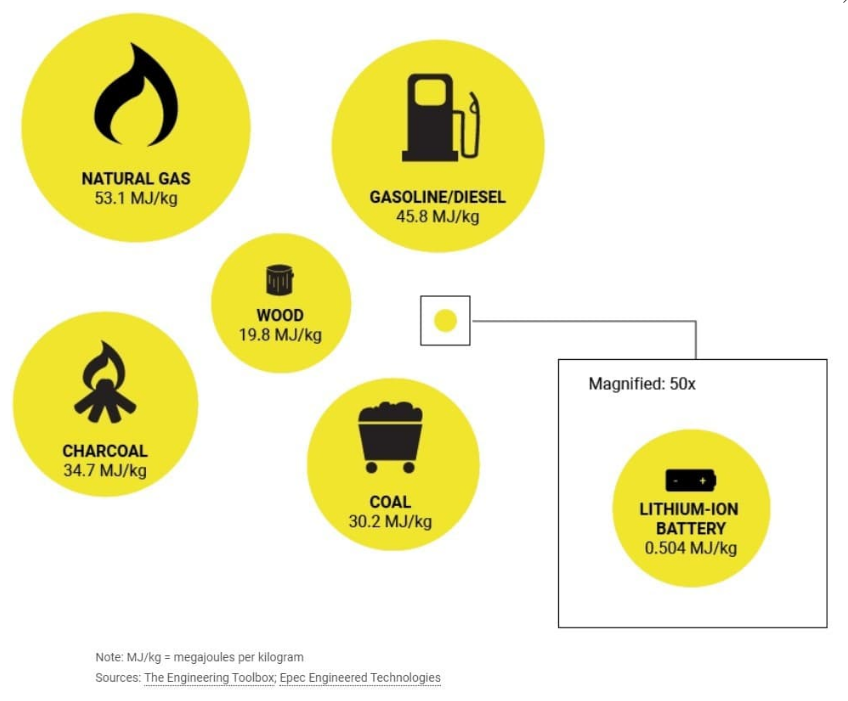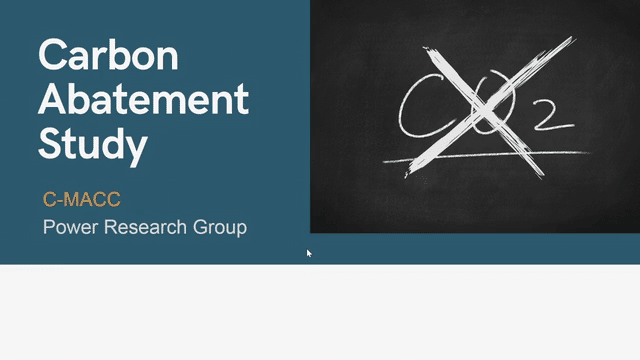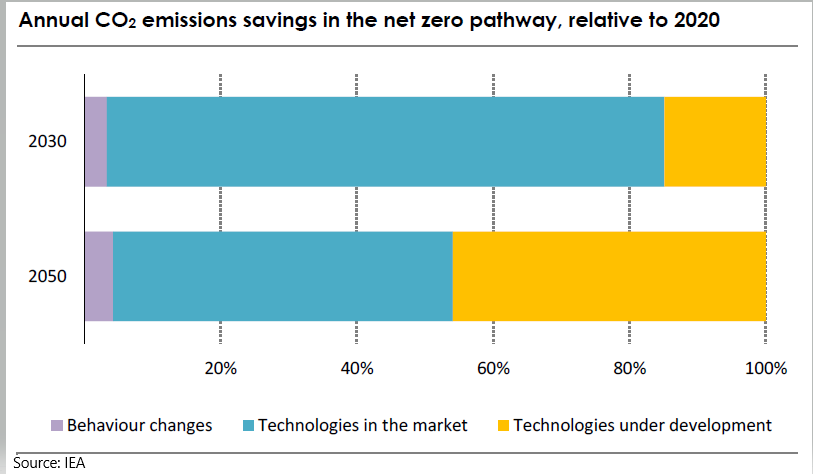The Dow chart below was included in the presentation around the Canada project and repeated today in the earnings call. We have talked about the Canada project at length as well as the more recently announced Air Products blue hydrogen project in the US. The more interesting debate from here is what will happen next. Are Dow’s and Air Product’s phones ringing off the hooks with potential customers saying “we want some of that”, or is it quieter? We suspect that the phones are ringing and ringing a lot. Perhaps because people genuinely want the low carbon polyethylene or hydrogen, but also perhaps because users of polyethylene and hydrogen are likely obligated to find out more so that they can explore both the opportunities of buying from Dow or Air Products, or evaluating what their alternatives might be. We suspect that a surge in genuine customer interest is likely, good for both Dow and Air Products, but also good for others either considering decarbonizing projects or offering a carbon-free alternative already. See our ESG and Climate piece from yesterday for more on this.
Dow And Air Products Have Got The Ball Rolling, But How Fast?
Oct 21, 2021 1:54:22 PM / by Graham Copley posted in ESG, Hydrogen, Sustainability, Polyethylene, Blue Hydrogen, Air Products, decarbonization, Dow, climate, low carbon polyethylene
Existing Carbon Black Producers Should Look For Ways to Decarbonize
Oct 6, 2021 2:27:54 PM / by Graham Copley posted in ESG, Climate Change, Sustainability, CCS, CO2, Carbon Black, Carbon, Emissions, PET, decarbonization, Origin Materials
We think that Orion Engineered Polymers and its fellow traditional carbon black producers could be in for a rough ride.
Carbon Capture Supportive Of LNG, But You Need Somewhere To Put The Carbon
Oct 1, 2021 1:46:17 PM / by Graham Copley posted in ESG, Carbon Capture, LNG, CCS, CO2, decarbonization, ethanol, natural gas, 45Q
The carbon capture plans lacking a place to put the CO2, suggested in the two connected stories linked here (link 1, link 2), echo something that we have been highlighting for a while. There have been several press releases with respect to CCS – partnerships – plans to accompany new investments – gathering schemes for the ethanol industry, etc. but none have any specificity around where they will put the CO2. The Houston team, discussed in a recent report is talking about offshore Texas, and given both ExxonMobil and Chevron in the partnership, we do not doubt that there is a plan, but in general, the permit activity at the EPA is, we understand, quite limited today. To apply for a class 6 permit, applicants need to have a detailed analysis of the sub-surface that they plan to target, and once you have identified a location, there are likely at least 18 months of work to get into shape to submit the permit. Some of the oil majors may be able to move faster on acreage that they already have seismic models for, but it is a long process – we wrote about the need for 45Q to change in both value and duration in our recent ESG and Climate Piece.
Friday Trio: Troubling US EV math, PET Tires, & New Exxon?
Aug 6, 2021 2:18:25 PM / by Graham Copley posted in ESG, Recycling, CO2, PET, ExxonMobil, Net-Zero, decarbonization, EV, carbon emissions, US Gasoline, electric vehicle goal, recycled PET, Continental
There are several things worthy of comment today. First, the math looks wrong in the Biden EV executive order, especially when combined with tighter fuel efficiency standards that are also on the table. The US consumes around 340 million gallons (approx. 8.1 million barrels) of gasoline a day and a reduction of 340,000 would only be a 1% reduction by 2030, even assuming growth in driving over the next 10 years we would expect the fuel standards and EV introduction to have a much more meaningful impact if successful. We will write more on this is our dedicated ESG and climate work.
Electric Planes Have Limited Use: Biofuels Are The Answer
Jul 22, 2021 2:06:58 PM / by Graham Copley posted in ESG, Hydrogen, Biofuels, decarbonization, Gevo, carbon credit, biofuel, Aemetis, carbon values, electric power, airline industry, energy density, Airbus, sustainable agriculture, low carbon biofuels, carbon-neutral biofuels, waste oil, vegetable oil, fermentation, low carbon fuel
The decarbonization of the airline industry remains a hot topic. The energy density issue shown in the exhibit below is a correct assessment of why commercial aviation faces a challenge to transition to electric power. Not only is the energy density too low - which restricts weight/range - but electric power can only turn things, and propellor-based flying has speed limitations relative to jets. The announcements from the airlines to date on electric power have focused on low capacity short-haul opportunities. With this in mind and as noted in the article headlining of the exhibit below, electric power is not the only decarbonizing option for airlines. Hydrogen is the very long-term future - Airbus is saying not before 2050, but in the meantime, the push should be for low carbon or carbon-neutral biofuels. These are essentially plug-in fuels that are identical to current aviation fuel but made either from waste oils or from carbohydrates. Many of the oil majors are working on waste oil or vegetable oil-based processes, especially in California where the LCFS credit helps pay for the conversion, and companies like Gevo and Aemetis are working on carbohydrate-based routes through fermentation. If the carbohydrate, corn in the case of Gevo, is sourced from sustainable agriculture the carbon values of the fuel can be very low and potentially zero or negative through the life cycle. The airlines are going to have to pay up for the low carbon fuel if they want to bid the fuel away from the high credit markets like California diesel and gasoline, but this route could decarbonize the airlines significantly and relatively quickly with the right pricing structure and enough capital.
Carbon Abatement – A Multi-client Analysis
Jul 7, 2021 1:01:06 PM / by Graham Copley posted in ESG, Carbon Capture, Climate Change, Carbon Tax, Carbon Fuels, CCS, CO2, Renewable Power, Carbon, Carbon Neutral, Emission Goals, Net-Zero, decarbonization, carbon footprint, ESG Fund, carbon dioxide, carbon credit, carbon value, carbon abatement, power, carbon cost, carbon offset, offsets, ESG investment, carbon emissions, clean energy, climate
A major initiative by C-MACC in collaboration with the Power Research Group
The IEA Sets Out A Plan But Ignores Inflation
May 18, 2021 11:50:10 AM / by Graham Copley posted in ESG, LNG, CCS, Renewable Power, ESG Investing, Materials Inflation, Net-Zero, Industrial Sector, fossil fuel, fuel alternatives, decarbonization
There are too many important topics to choose from today and we will cover many of these in our ESG and Climate report tomorrow. Here we focus on the IEA report published this week, which shows a path to net-zero on a global scale and looks at both the fossil fuel consuming sectors and the rate at which each must change (they are different by sector) and what fuel alternatives will be needed to replace them. Our review of the work would suggest the following:



